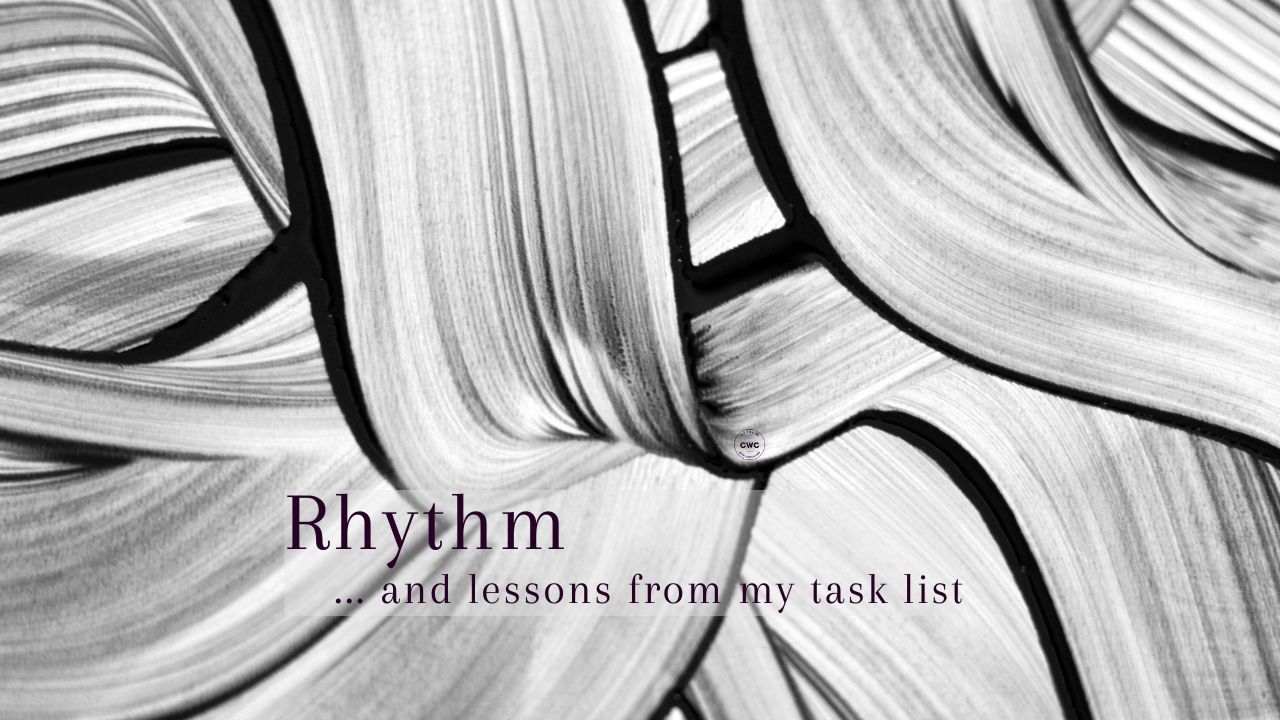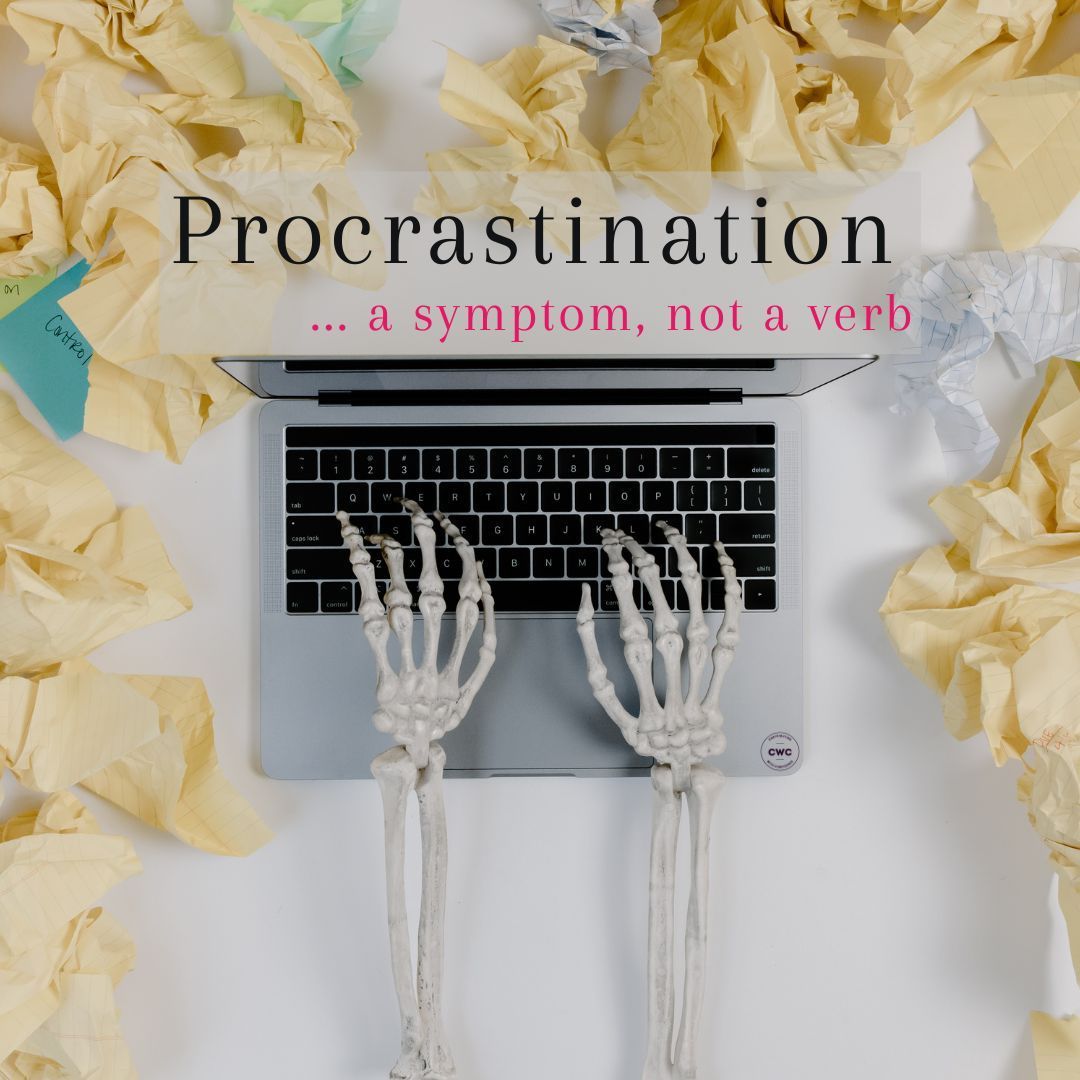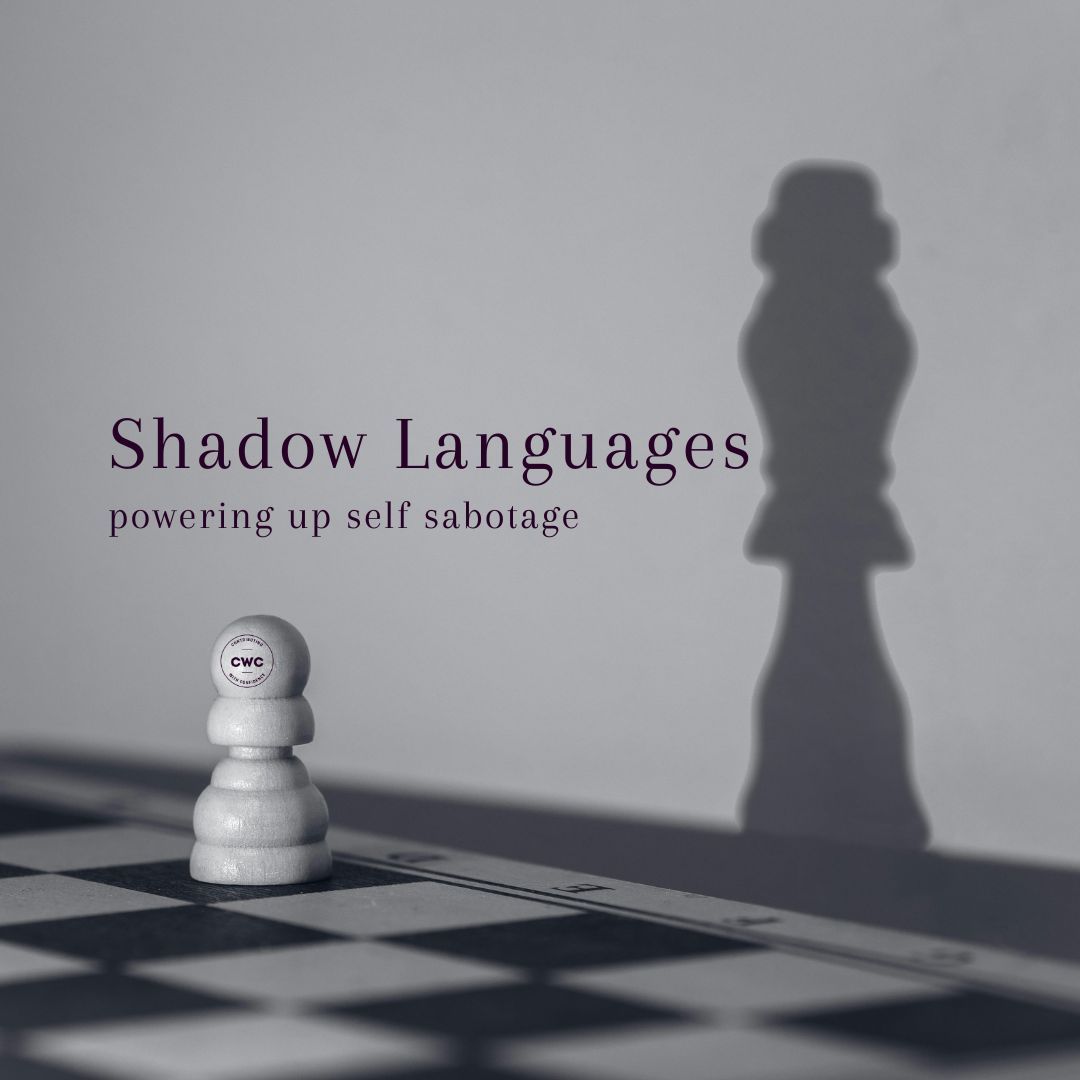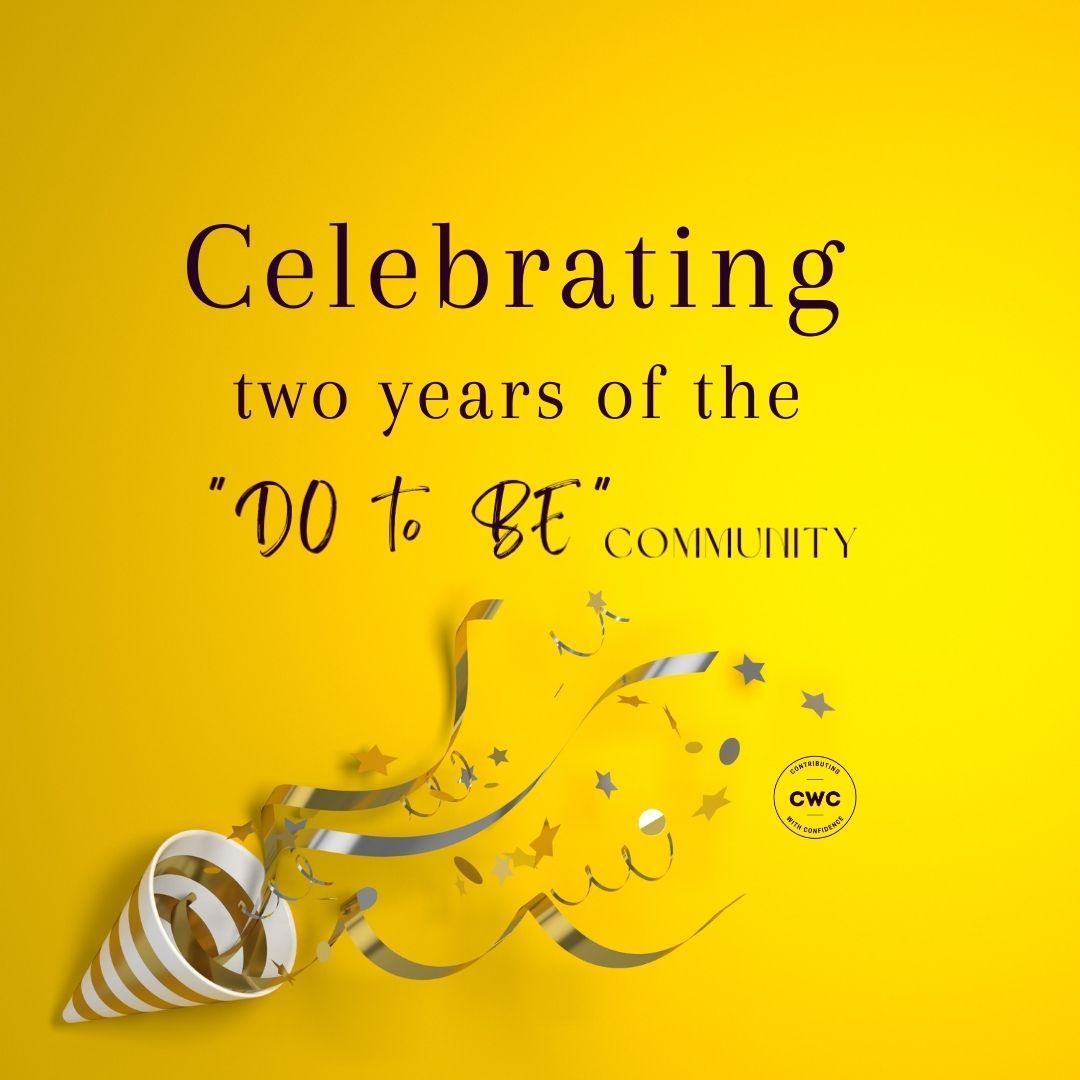The Irritating Email Poll
...and the insight it inspired

I was browsing LinkedIn last week and noticed that many posts were polls (I must have missed the memo about the latest trending thing) and there was one in particular that irritated me.
I do like an irritation because it’s usually a great sign that there’s something interesting going on, something that will benefit from a little curious investigation. In this instance, I found a fundamental whopper of a realisation! And the realisation is also slightly counterintuitive (and as you may know, I love a counterintuitive thing much more than finding an irritation).
The poll was asking about the state of our email inbox and our attitudes towards it. The implication was that to have an unsorted inbox was a bad thing.
I have an unsorted inbox. I run rules to sort the emails that matter into folders. But I don’t seem to ever find the time to go through the remaining emails. Maybe I could delete them, but since I was forced to go to Outlook last year thanks to the way that The Big Two were making emails from my Google verified domain undeliverable, I have found that very often emails that matter to me don’t get sorted the way I have instructed (the rather more expensive) Outlook to sort them. Pffft. More irritation…
Actually if I dwell on this for too long, I may become Incandescent. Irate. Incensed. Oooo, that’s quite a satisfying bit of alliteration.
I digress.
The point is, there wasn’t an option in this poll that said something like ‘I have better things to do in my life than tidy my inbox’.
Brendon Burchard maintains that your email inbox contains everyone else’s priorities - more, it is an organisation system for other people’s priorities.
I concur and add my observation that often the email inbox is a receptacle of things that have been bounced off someone else’s desk, or out of their inbox so they can achieve clean desk / inbox zero. Despite their urgent appearances, the senders would prefer us not to reply instantly. Often these new emails are not useful or valuable. Their function? Feeding the inbox monster.
Brendon suggests only going to it when you need to acquire information for your work, or you need to request something from others, in order to make progress with your work.
Most of us have yet to build such ideal working conditions. We work with people who also have work to progress, so we can’t expect it to all go our own way, but can we collectively raise the bar?
How could the quality of our lives improve if we all adopted a lax approach to our inboxes?
What if instead of being a slave to them, we use them only as a tool to advance our work, and to support the higher quality work of others?
And for setting up Zoom coffee meet ups with people we like, obviously.










